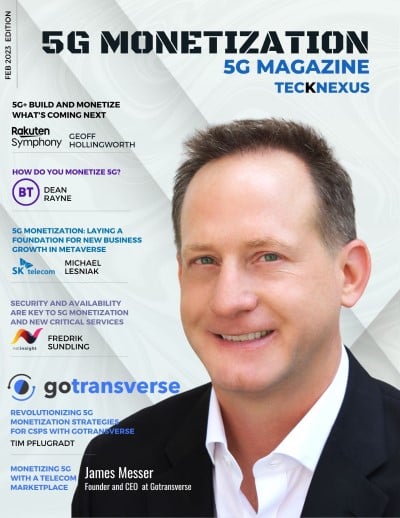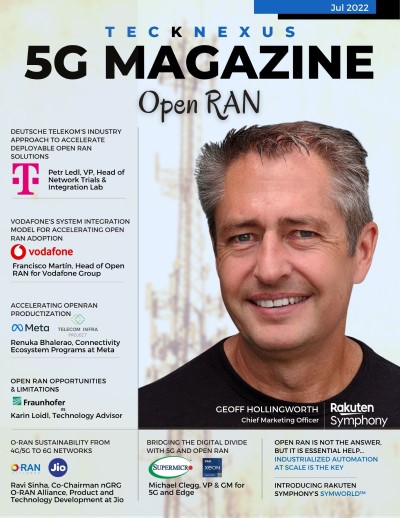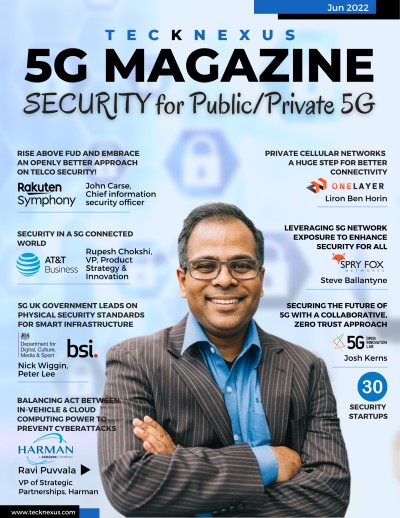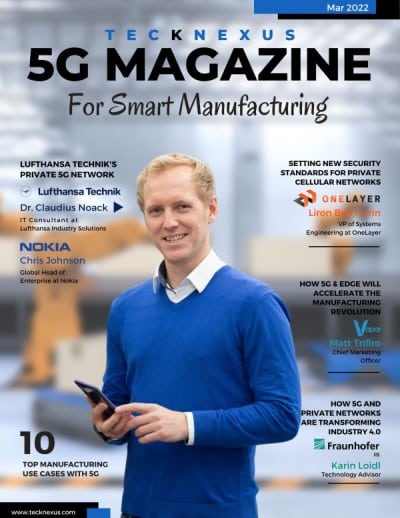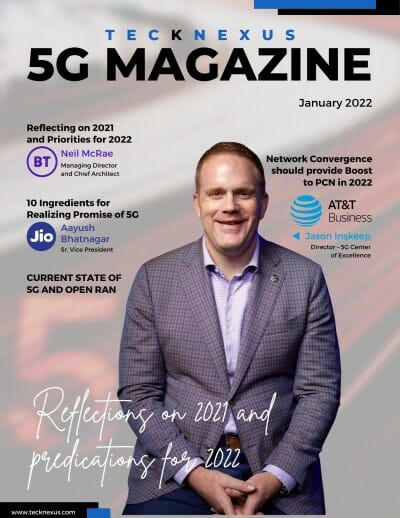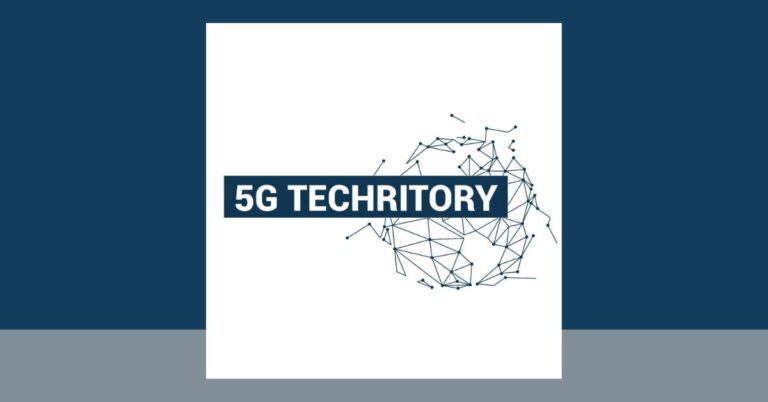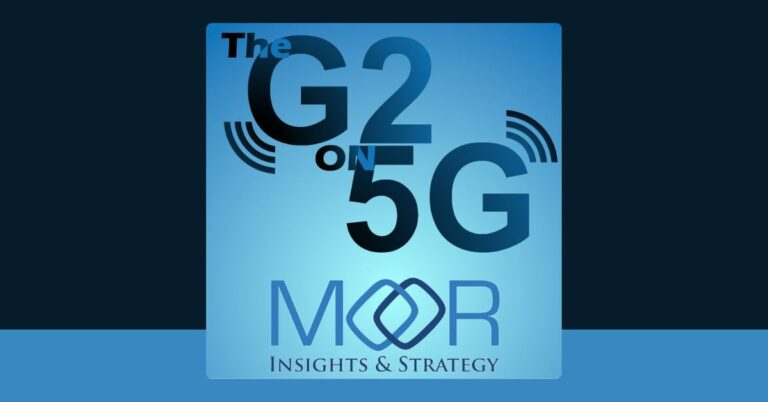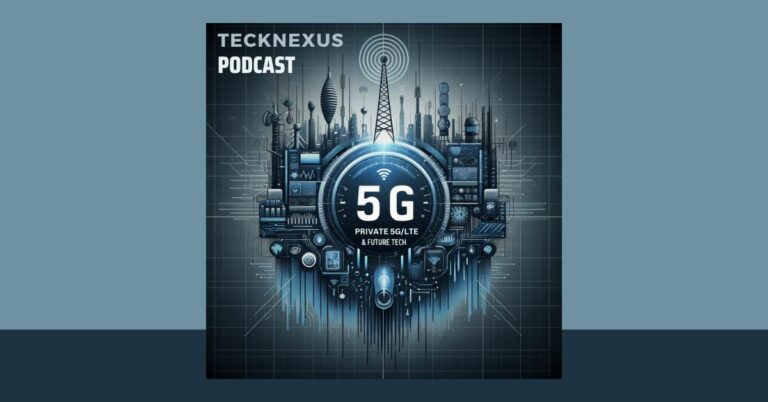After politicians failed to renew Federal Communications Commission (FCC) authority in a vote on 9 March, the FCC is no longer able to hold spectrum auctions. This has led industry experts to call for a resolution to the impasse.
The lack of agreement among politicians means the FCC has lost authority over auctions it was granted almost 30 years ago. To secure the nation’s economic and national security and maintain 5G leadership, Meredith Attwell Baker, President and CEO of CTIA, has urged Congress to act quickly to restore the FCC’s authority and schedule necessary future spectrum auctions.
Meanwhile, CCA President and CEO Tim Donovan have expressed disappointment that politicians did not back a plan to extend the FCC’s clearance to mid-May, stating that Congress must reinstate auction authority as quickly as possible and continue work on a long-term solution.
In February, the US House of Representatives approved legislation to extend the authority, but the Senate was unable to come to a consensus on how to implement it. Despite this setback, FCC chair Jessica Rosenworcel highlighted the success of the FCC in conducting 100 auctions, raising over $233 billion in revenue and providing exceptional benefits to the American people. She expressed hope that the FCC’s auction authority would be restored promptly.
However, members of the US Communications and Technology Subcommittee have heavily criticized the lack of approval, pointing out that it could put the nation’s mobile market position at risk.






































